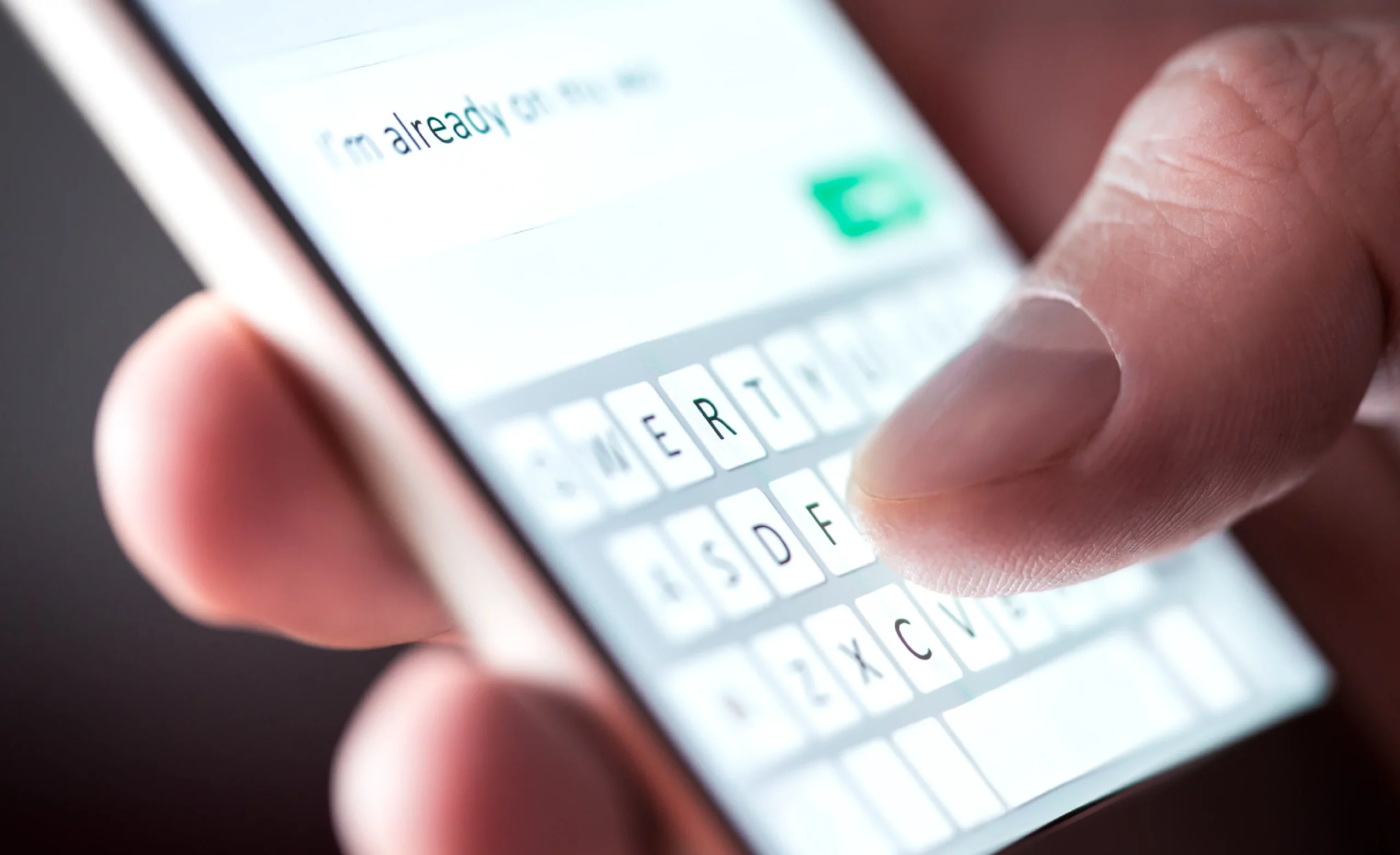In today’s fast-paced world, technology plays an indispensable role in every aspect of our lives, including healthcare. The healthcare industry has witnessed remarkable advancements over the years, with one of the most significant being the integration of mobile app development. Mobile apps have revolutionized the way medical services are delivered, making healthcare more accessible, convenient, and patient-centric.
Introduction
The healthcare industry faces various challenges, such as increasing patient demands, rising healthcare costs, and limited resources. To address these challenges and provide better services to patients, innovative solutions are required. Mobile app development emerges as a transformative force, connecting patients, doctors, and healthcare providers seamlessly.
For instance, a mobile app development company in Dubai can play a pivotal role in creating cutting-edge healthcare apps that improve accessibility and enhance patient engagement. By leveraging the expertise of such companies, healthcare providers can effectively embrace technological advancements and revolutionize the way medical services are delivered.
The Need for Innovation in Medical Services
- Challenges in Traditional Healthcare Systems
Traditional healthcare systems often suffer from inefficiencies, long waiting times, and lack of proper communication channels. Patients might find it challenging to get timely medical advice, especially in remote or rural areas. Mobile app development presents a solution that bridges the gap between patients and healthcare providers.
- Role of Mobile Apps in Revolutionizing Healthcare
Mobile apps have become the cornerstone of enhancing medical services by leveraging the power of technology. With the increasing penetration of smartphones and internet connectivity, these apps have the potential to transform healthcare delivery.
Advantages of Mobile App Development in Healthcare
- Improved Accessibility and Convenience
Mobile apps enable patients to access medical services irrespective of their location. Whether it’s booking appointments, receiving test results, or seeking medical advice through telemedicine, mobile apps make healthcare services more convenient and readily available.
- Enhanced Patient Engagement
Patient engagement is crucial for better health outcomes. Mobile apps empower patients to actively participate in their healthcare journey. Through health tracking features and access to personalized health information, patients can take charge of their well-being.
- Efficient Health Monitoring
Mobile apps allow remote health monitoring through wearables and IoT devices. Patients can track their vital signs and share real-time data with healthcare professionals, leading to timely interventions and personalized treatment plans.
- Streamlined Appointment Booking and Management
Mobile apps streamline the appointment booking process, reducing waiting times and administrative burdens. Patients can schedule appointments, receive reminders, and manage their healthcare calendars effortlessly.
Also Read: The Importance of User-Centric Design in Mobile App Development in Dubai
Key Features of Healthcare Mobile Apps
- Electronic Health Records (EHRs)
Healthcare mobile apps provide a secure platform to store and access electronic health records. This ensures that patient data is readily available to authorized healthcare providers, leading to more informed decisions.
- Telemedicine and Virtual Consultations
Mobile apps facilitate telemedicine and virtual consultations, enabling patients to connect with doctors remotely. This feature is particularly beneficial for patients who cannot travel or require immediate medical advice.
- Medication Reminders and Management
Mobile apps come with medication reminder functionalities, helping patients adhere to their prescribed treatment plans. These apps can also provide drug interaction alerts and dosage instructions.
- Health and Fitness Tracking
Healthcare mobile apps often integrate fitness tracking features, promoting a healthy lifestyle. Users can monitor their physical activity, diet, and sleep patterns, fostering overall well-being.
Ensuring Data Security and Privacy
- HIPAA Compliance
Healthcare mobile apps must adhere to strict data protection regulations, such as the Health Insurance Portability and Accountability Act (HIPAA). Compliance with these standards ensures patient data confidentiality.
- Encryption and Authentication Measures
Robust encryption and authentication measures are vital to safeguard sensitive patient information from unauthorized access.
- Regular Security Audits
Healthcare providers should conduct regular security audits of their mobile apps to identify and rectify potential vulnerabilities.
Challenges and Limitations
- User Adoption and Usability
For the successful implementation of healthcare mobile apps, user-friendly interfaces and intuitive designs are essential to encourage user adoption.
- Integration with Existing Systems
Healthcare mobile apps need seamless integration with existing hospital information systems to ensure smooth data flow.
- Regulatory Compliance
Complying with healthcare regulations and standards is a significant challenge in mobile app development for the healthcare sector.
Also Read: Mobile Apps Unplugged: Connecting People and Possibilities
The Future of Mobile App Development in Healthcare
- Artificial Intelligence and Machine Learning Integration
The integration of AI and ML in healthcare mobile apps will enable personalized health predictions and treatment recommendations.
- Internet of Medical Things (IoMT)
IoMT will revolutionize healthcare by connecting medical devices and wearables to mobile apps, facilitating real-time data monitoring and analysis.
- Predictive Analytics for Personalized Medicine
Mobile apps will use predictive analytics to assess individual health risks and suggest personalized preventive measures.
Conclusion
Mobile app development in the healthcare industry has ushered in a new era of patient-centric care. Through improved accessibility, enhanced patient engagement, and efficient health monitoring, these apps have the potential to transform the way we access medical services. Embracing the latest technologies, ensuring data security, and addressing challenges will pave the way for a future where healthcare is more accessible, efficient, and personalized.
FAQs
Q: Are healthcare mobile apps secure for storing sensitive medical data?
A: Yes, healthcare mobile apps follow stringent security measures, such as encryption and HIPAA compliance, to ensure the security and privacy of patient data.
Q: Can I use healthcare mobile apps for remote consultations with doctors?
A: Absolutely! Many healthcare mobile apps offer telemedicine and virtual consultation features, allowing you to connect with doctors remotely.
Q: How can healthcare mobile apps improve patient engagement?
A: Healthcare mobile apps provide health tracking features, personalized health information, and medication reminders, empowering patients to actively participate in their healthcare journey.
Q: What is the future of healthcare mobile app development?
A: The future will see AI and ML integration for personalized health predictions and the IoMT connecting medical devices for real-time monitoring.
Q: Are there any successful healthcare mobile app examples?
A: Yes, HealthTap, Medscape, and 1mg are some successful examples of medical mobile apps that have transformed the healthcare industry.








